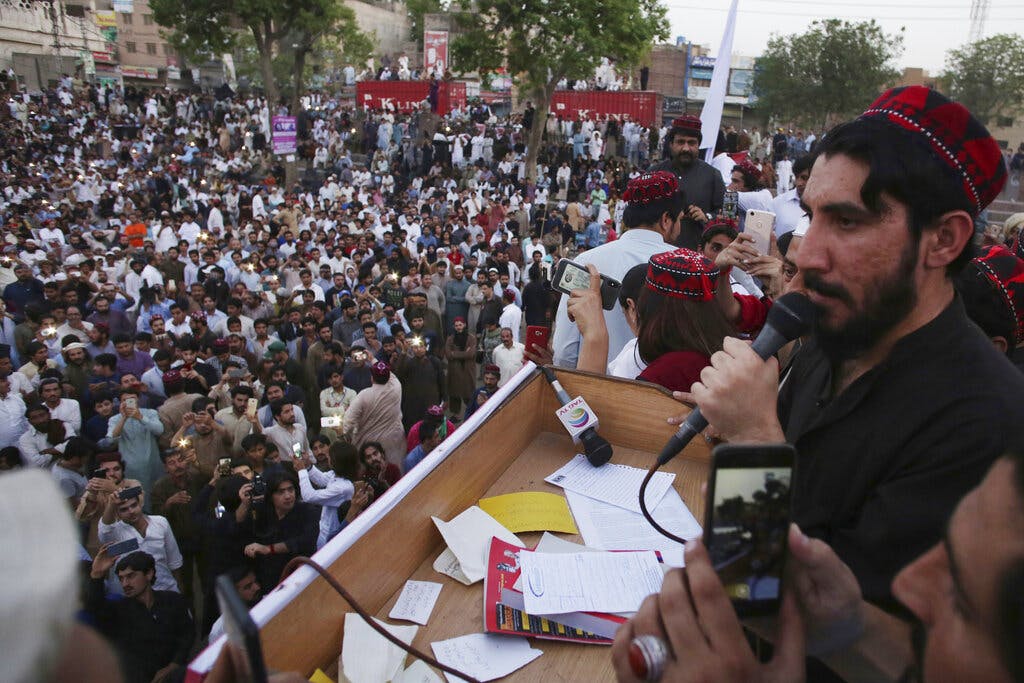
The 82nd Whitney Biennial Masters the Art of Ideological Grandstanding
By MARIO NAVES
|An investigation into human rights abuses is urgently needed.

Already have a subscription? Sign in to continue reading
$0.01/day for 60 days
Cancel anytime
By continuing you agree to our Privacy Policy and Terms of Service.

By MARIO NAVES
|
By LUKE FUNK
|
By THE NEW YORK SUN
|
By LAWRENCE KUDLOW
|
By BENNY AVNI
|
By A.R. HOFFMAN
|
By NOVI ZHUKOVSKY
|
By MATTHEW RICE
|